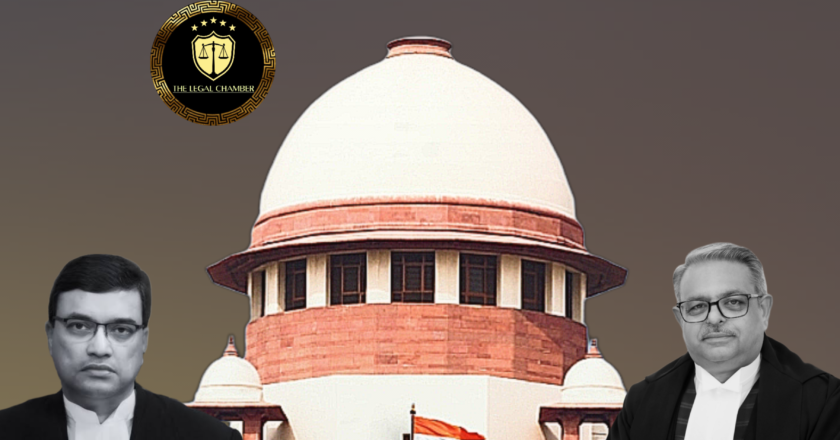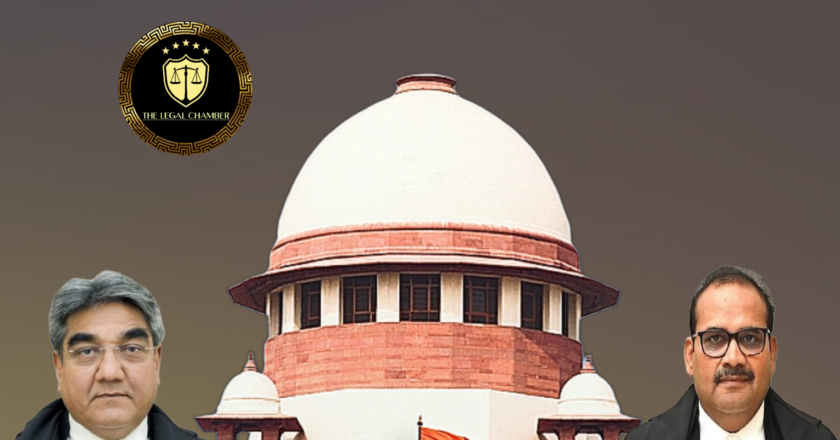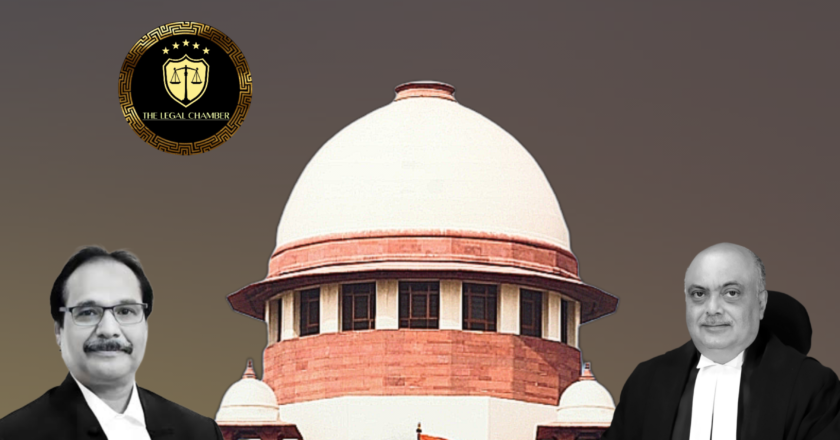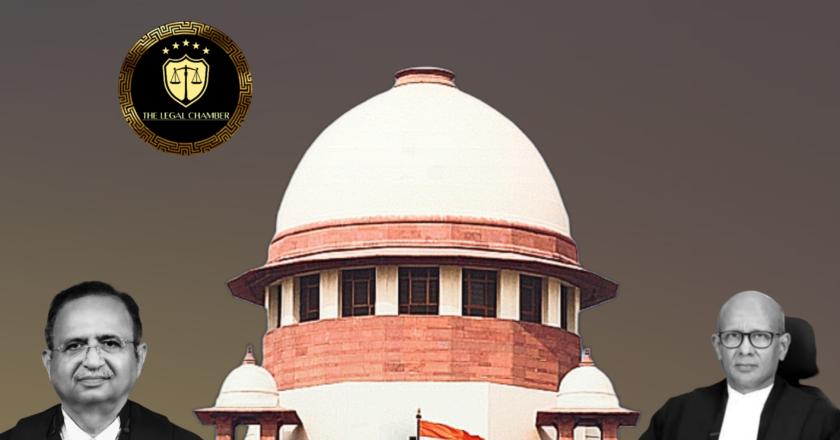Understanding the Supreme Court’s Verdict on Interstate Bus Permits and State Schemes
The Supreme Court ruled that an inter-state reciprocal transport agreement under Section 88 of the Motor Vehicles Act, 1988, does not override an approved nationalization scheme under Chapter VI. A notified route for a State Transport Undertaking prevails, prohibiting private operators from plying on any overlapping portion, even if part of an inter-state route.
Facts Of The Case:
The case centered on disputes arising from an Inter-State Reciprocal Transport (IS-RT) Agreement of 2006 between Madhya Pradesh (MP) and Uttar Pradesh (UP). The agreement reserved certain inter-state routes for the Madhya Pradesh State Road Transport Corporation (MPSRTC). After MPSRTC reportedly stopped operations, private operators obtained temporary permits from MP's transport authority to p...









